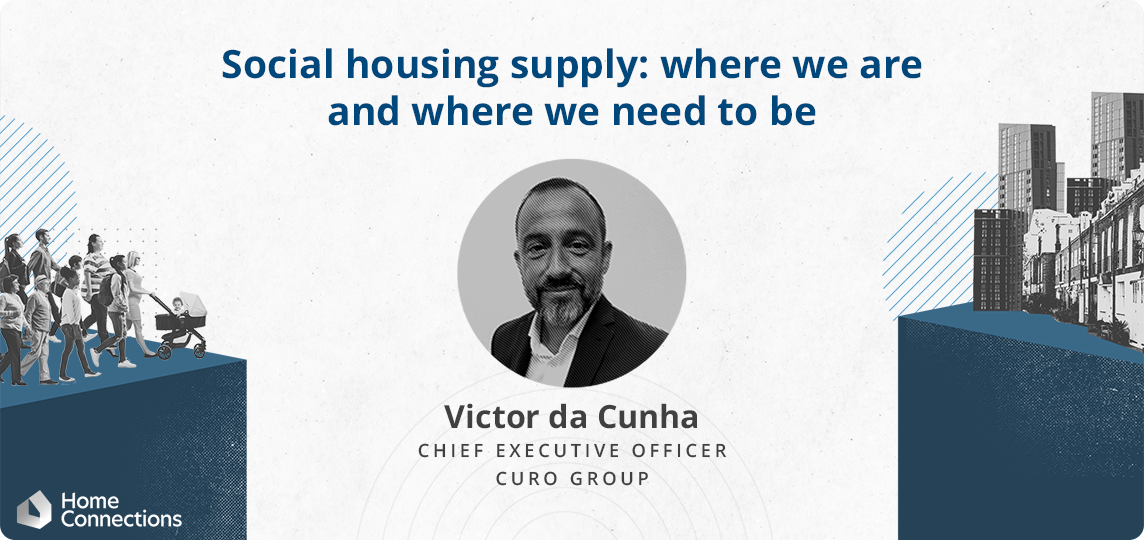Social housing supply: where we are and where we need to be

At a time when the country mourns the passing of a much-loved Queen and begins to sing ‘God save the King’, we are reminded that the only constant is change.
We have a new Government, a new Prime Minister and an entirely new Cabinet. Unsurprisingly, for the informed observer, we also have our twelfth Housing Minister in just 10 years and a substantial backlog of housing legislation to get through in short order, on planning, social housing regulation, decarbonisation, safety and ‘levelling up’, to name but a few.
Added to this, we have spiralling inflation, a deepening ‘cost of living crisis’ and a shortage of labour, materials and fuel. In many regions, there’s recognition that we have walked, open-eyed, over several generations into a national housing crisis. In some council areas, they’ve formalised this reality by declaring a housing emergency.
At today’s new build completion rates, it would take 126 years to build the housing needed for local people in some parts of the South West. House prices are now 10 times the average income across the entire region and Airbnb has all but destroyed the private rented sector in many coastal towns and villages.
How can we eradicate homelessness?
Given all of this, how can we eradicate street homelessness? How can we support keyworkers to live near their place of work? How do we fundamentally tackle the growing use of temporary accommodation and deal, once and for all, with the relentless build-up of people now waiting on Council lists?
Normally in an unpredictable economic environment, housebuilders will tend to stop building new homes and the Government might turn to Housing Associations to step up with their counter-cyclical model which allows them to continue to build even in a recession.
However, the environment is very different this time and Housing Associations aren’t as counter-cyclical as they once were. Four years of rent reductions are now being followed by a rent cap that is way below inflation. Years of Government policy on development and post-Grenfell costs have changed all that.
So, what does Government need to do to support housing building in this unpredictable and changing world?
Even under these tougher conditions there are answers, but we all need to be prepared to change too.
Join us!
I am keen to discuss, alongside Aileen Evans (Grand Union Housing) and David Bogle (Hightown Housing Association), what it takes to unlock social housing supply at Home Connections’ Connected Housing webinar. The webinar will be held virtually on the 27th October 2022. Book your tickets here. I hope to see you there!

Victor da Cunha
Chief Executive Officer at Curo Group

















